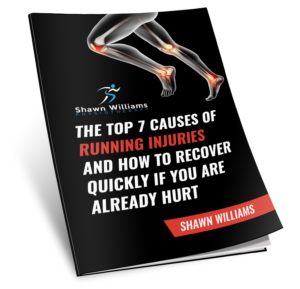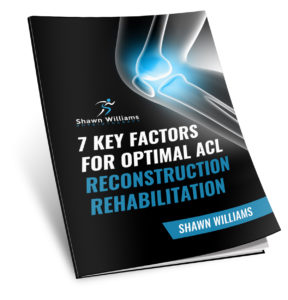The Myth of the MRI: What does this mean?
Tell me if this sounds familiar? You are experiencing some sort of pain, such as lower back or
knee pain, so you go to your doctor. Following a not very thorough examination, they recommend you get an MRI. You wait for an MRI, with your pain only worsening in the mean time. It is too bad that you have no idea at this time about the Myth of the MRI and are just sitting around for weeks or months waiting to find out the results.
Finally, the dayof your MRI comes, and you are relieved you will know what is wrong. Only when
the results come back they reveal, “mild disc degeneration at levels L2-L4” or“ partial tear in left medial meniscus”. Your doctor looks at the results, and recommends pain medication, surgery, rest or, if you are lucky, physiotherapy. Below,
I discuss why, in most cases, you can skip the MRI and go straight to a physiotherapist.
The results may be deceiving
The fact is, most MRIs will show “abnormal results.” Many people will have disc degeneration or bulges
in the back, arthritic changes or small tissue tears in other joints, or some other relatively minor abnormal finding.
Interestingly, the majority of people with these “abnormal results” have no pain or activity limitations. When you see a physiotherapist we tailor our treatments to the client and their impairments, not to the MRI findings. If we rely on the MRI
and begin treating the image, we risk not treating what is actually causing the pain or impairment.
MRI results can be discouraging
Some people who receive an “abnormal result” on their MRI become fixated on the findings. When this happens, you can become discouraged or feel as though there is no “cure” for you pain, and thus are doomed to live the rest of your life in pain.
In an effort to “cure”your pain, you may undergo avoidable surgeries or take unnecessary and, sometimes, dangerous medications. With or without an MRI a physiotherapist will educate you on your condition, explain your recovery process, and generate a personalized treatment plan. This helps to prevent you from becoming discouraged by your pain.
Time and money wasted while waiting for an MRI
According to the most recent results published by Health Quality Ontario, the average wait time
for an MRI in the Toronto-area is four to eight weeks. During this time, your pain and quality of life may be worsening.
If you are off of work due to your injury, you may be losing wages while you wait for your MRI. Even without an MRI, a
physiotherapist can begin treating your pain and impairments to help you get back to work and life as soon as possible
Hopefully, after reading this article you understand the Myth of the MRI and its limitations. If you are currently dealing with an injury and you are waiting for an MRI and would like to know how we can help, call or text us at 416-660-4187, or email if you prefer. We also offer free phone consultations and free onsite consultations with a physiotherapist.




